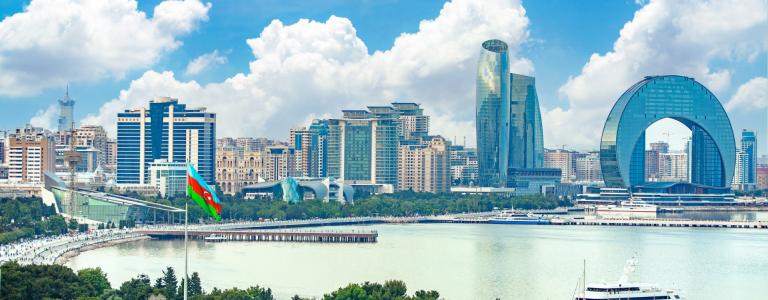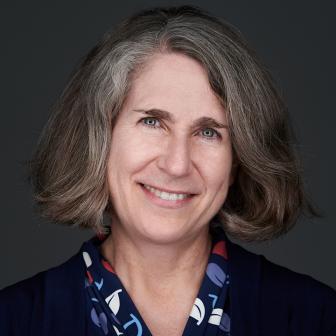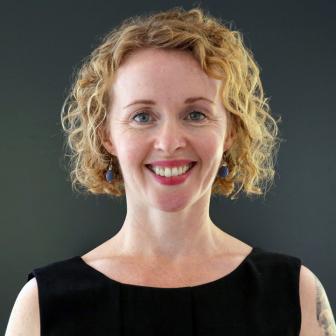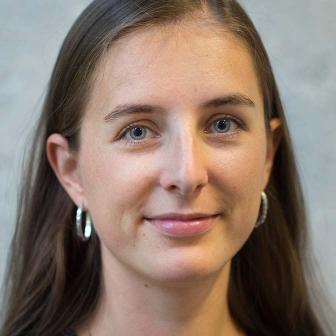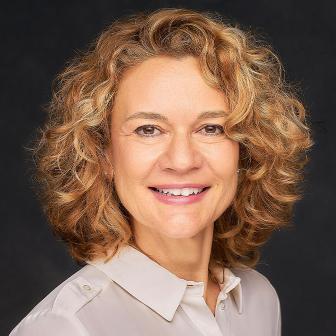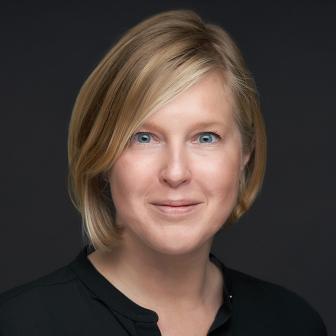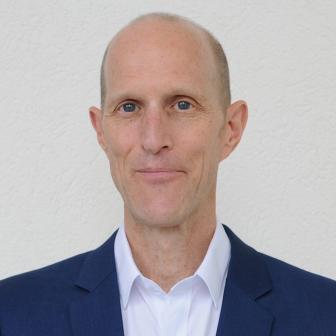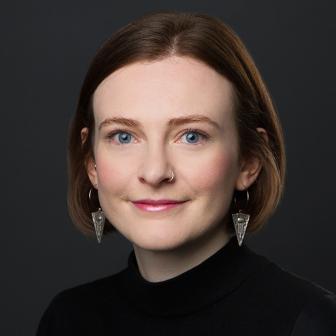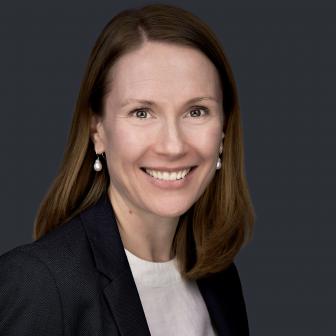Inside COP 29
This year’s UN Climate Change Conference (COP 29) concluded in Baku, Azerbaijan, with a widely anticipated agreement on climate finance.
November 24, Baku - Just after 3 a.m. local time on Sunday, in Baku, Azerbaijan, COP 29 concluded with a set of decisions including a widely anticipated agreement on climate finance.
In the last hours of negotiations, concerted pressure from the most vulnerable developing countries resulted in an improved outcome on the finance target, with a decision to set a goal of at least USD 300 billion per year by 2035 for developing countries to advance their climate action. Nevertheless there was considerable and justified disappointment on the part of developing countries given the gap that remains with their identified financing needs for climate adaptation and mitigation.
"We recognize the COP 29 outcome on climate finance as an important step forward,” said Patricia Fuller, President and CEO of IISD. “The goal is still far from meeting the actual finance needs for effective climate mitigation and adaptation, but it represents meaningful progress in supporting developing countries in their climate action efforts”.
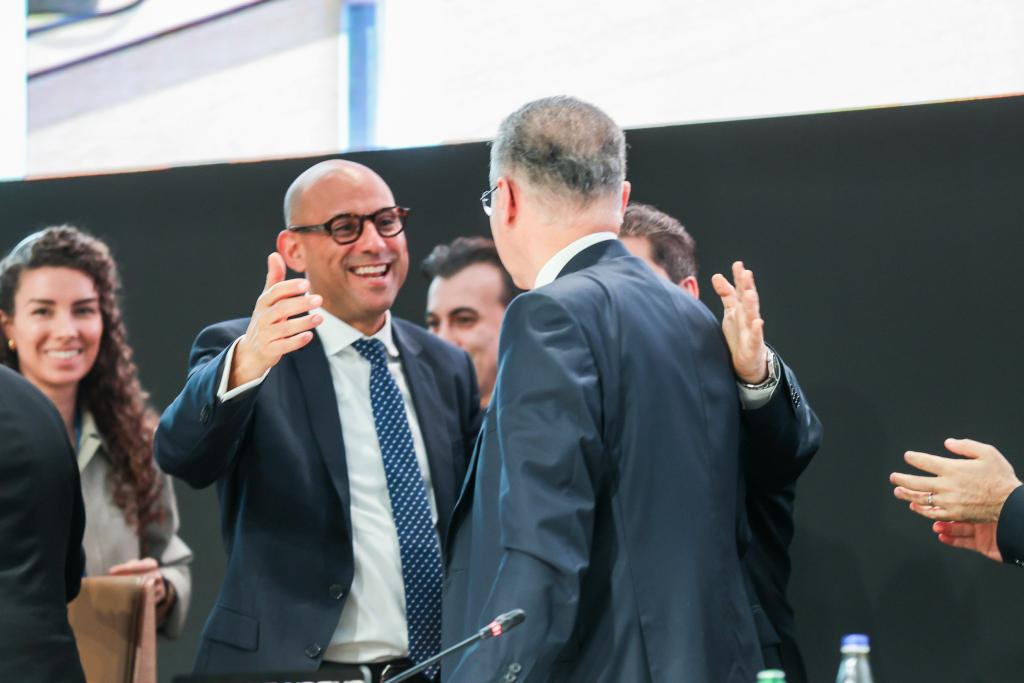
Need to Know: What we want to see at COP 29
IISD's Earth Negotiations Bulletin Reporting On-Site
For over 30 years, Earth Negotiations Bulletin has provided authoritative, in-depth reporting on United Nations negotiations involving the environment and development. Our reporters will be covering each day of the talks in Baku, explaining what's happening and what it means for climate action.
Read MoreOur Insights

COP 29 Outcome Moves Needle on Finance
In the last hours of negotiations, concerted pressure from the most vulnerable developing countries resulted in an improved outcome on the finance target, with a decision to set a goal of at least USD 300 billion per year by 2035 for developing countries to advance their climate action.

What Is the NAP Assessment at COP 29, and Why Does It Matter?
At the 29th UN Climate Change Conference (COP 29) in Baku, countries will assess their progress in formulating and implementing their National Adaptation Plans. IISD’s adaptation experts Orville Grey and Jeffrey Qi explain what that means, and what’s at stake.

COP 29 Must Deliver on Last Year’s Historic Energy Transition Pact
At COP 29 in Baku, countries must build on what was achieved at COP 28 and clarify what tripling renewables and transitioning away from fossil fuels means in practice.

What Will Happen at COP 29?
Talks at the 2024 UN Climate Change Conference (COP 29) will range from defining a way forward on finance through a new collective quantified goal (NCQG) to mitigation, and loss and damage. Ahead of negotiations in Baku, IISD’s Earth Negotiations Bulletin Team Lead Jennifer Bansard examines the agenda and breaks down what to watch as eyes turn to Azerbaijan.

Advancing Gender Equality and Human Rights at COP 29: Why intersectionality matters
There has been resistance to integrating intersectionality language in UNFCCC discussions, but Angie Dazé explains why it is a key step toward climate justice.
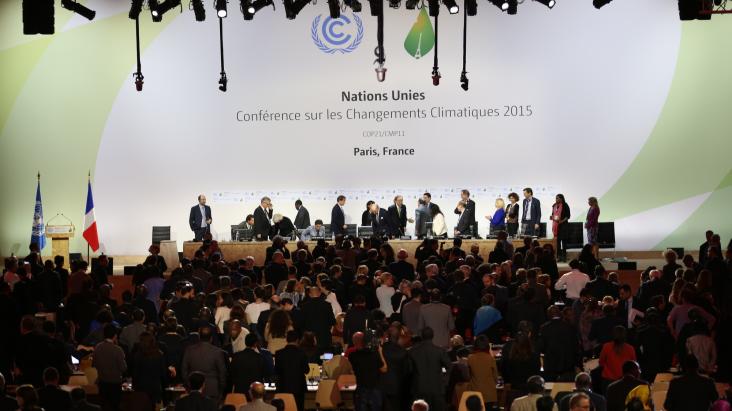
Climate Negotiations Glossary
Concise definitions of key terms and acronyms used in UNFCCC climate change negotiations and beyond.
IISD COP 29 Experts: Earth Negotiations Bulletin
IISD COP 29 Experts: Energy
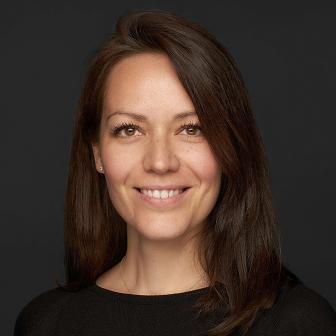
Aia Brnic
Communications Manager

Olivier Bois von Kursk
Policy Advisor
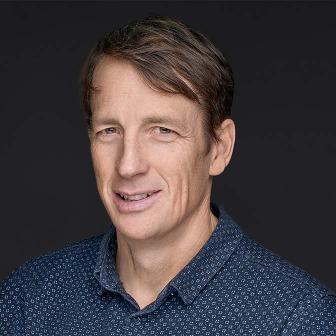
Vance Culbert
Senior Policy Advisor & Secretariat Manager, COFFIS
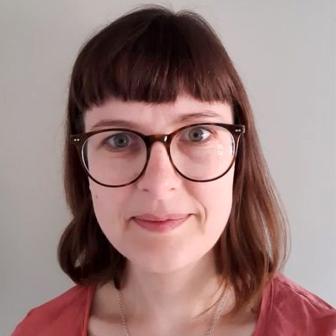
Megan Darby
Senior Communications Officer

Philip Gass
Director, Energy Program, Just Transitions and Canada
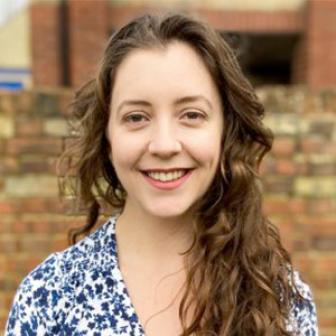
Natalie Jones
Policy Advisor

Jonas Kuehl
Policy Advisor
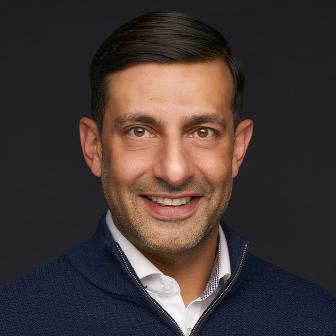
Farooq Ullah
Senior Policy Advisor and Lead, Energy and Climate Governance
IISD COP 29 Experts: Adaptation
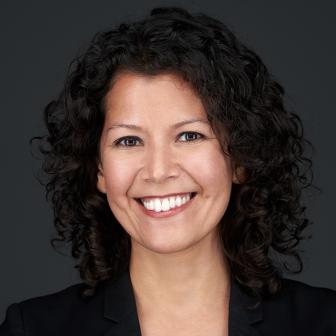
Anne Hammill
Associate Vice-President, Resilience
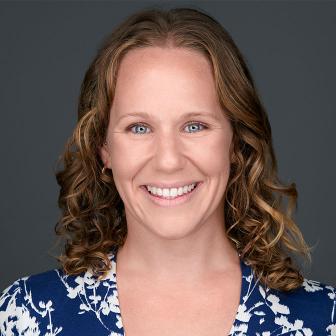
Emilie Beauchamp
Lead, Monitoring, Evaluation, and Learning for Adaptation to Climate Change

Alec Crawford
Director, Nature for Resilience
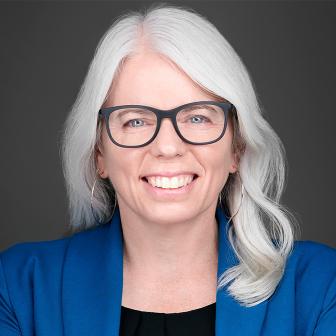
Angie Dazé
Director, Gender Equality and Social Inclusion for Resilience
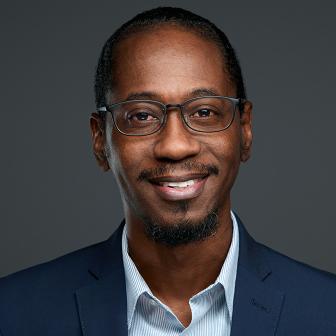
Orville Grey
Head of Secretariat, NAP Global Network

David Hoffmann
Coordinator, NAP Global Network
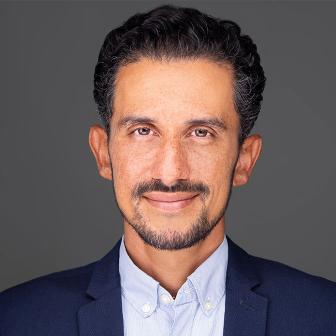
Mauricio Luna Rodríguez
Senior Policy Advisor, Climate Change Adaptation Governance

Jeffrey Qi
Policy Advisor I
